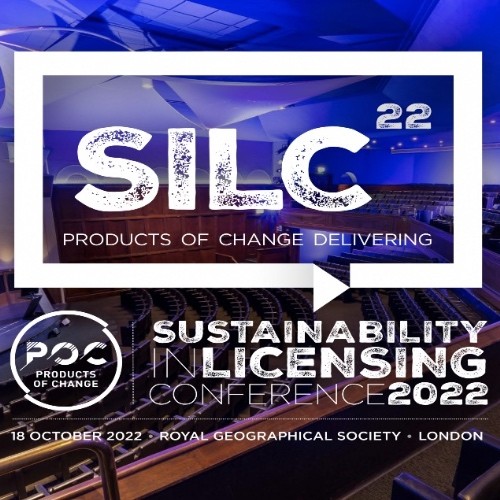The John Lewis Partnership has become the first retailer in the UK to have its net zero science-based targets validated by the Science Based Targets initiative (SBTi), the official body for validating climate targets.
Recognised as the gold standard for setting and monitoring corporate climate targets, the SBTi has validated the Partnership’s target to become net zero across its own operations by 2035, and its wider supply chain by 2050.
“Reaching net zero by 2050 means transforming our business in every way, from how we design our goods to last, how we and our suppliers power our farms, factories and stores, and how we make it easier for our customers to make more sustainable choices,” stated Marija Rompani, director of sustainability at the John Lewis Partnership.
“To be the first retailer globally to set forest, land and agriculture science-based targets gives us great pride. It will be the bedrock of our plans to protect and restore nature and tackle the climate crisis over the years to come.”

Among the elements to reducing the Partnership’s emissions footprint will be in prioritising circularity in how it designs products and services, such as offering fashion rental for occasion and childrenswear, or by developing product standards for longevity, recyclability, and use of more sustainable materials.
The Partnership is the first retailer in the world to have validated SBTi science-based targets focused on greenhouse gas emissions originating from forests, land, and agriculture, which make up part of the retail group’s total emissions footprint alongside the energy used to run its stores and make products.
Top: The John Lewis Partnership is the first UK retailer to have net zero science-based targets validated by an official body.






















